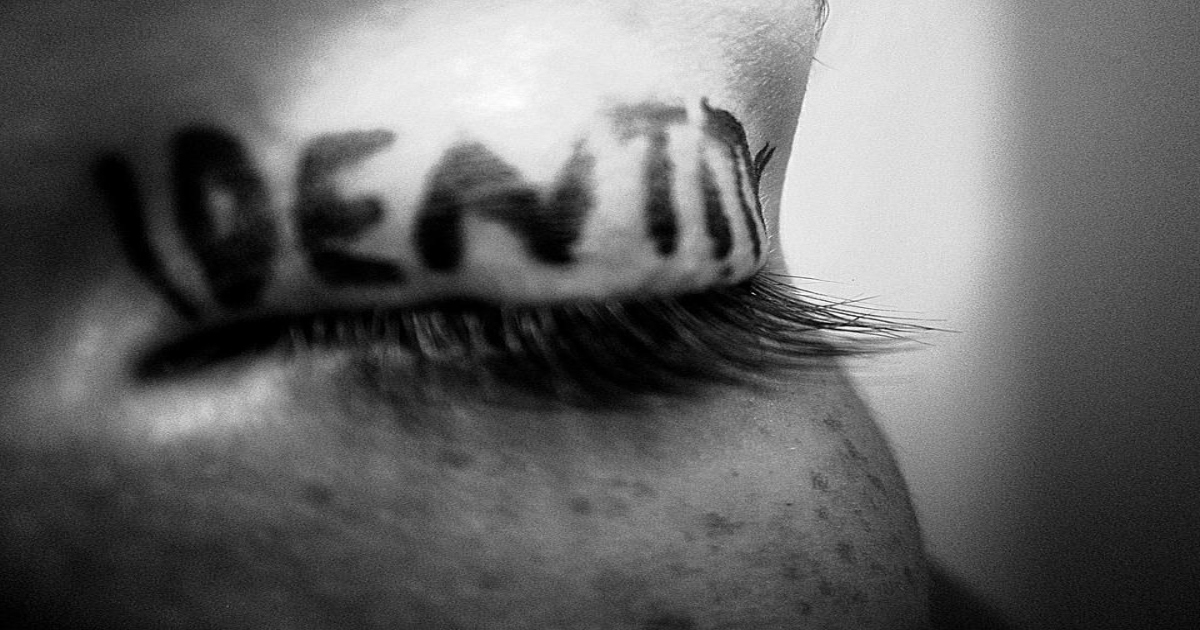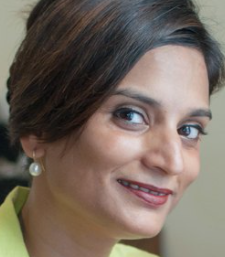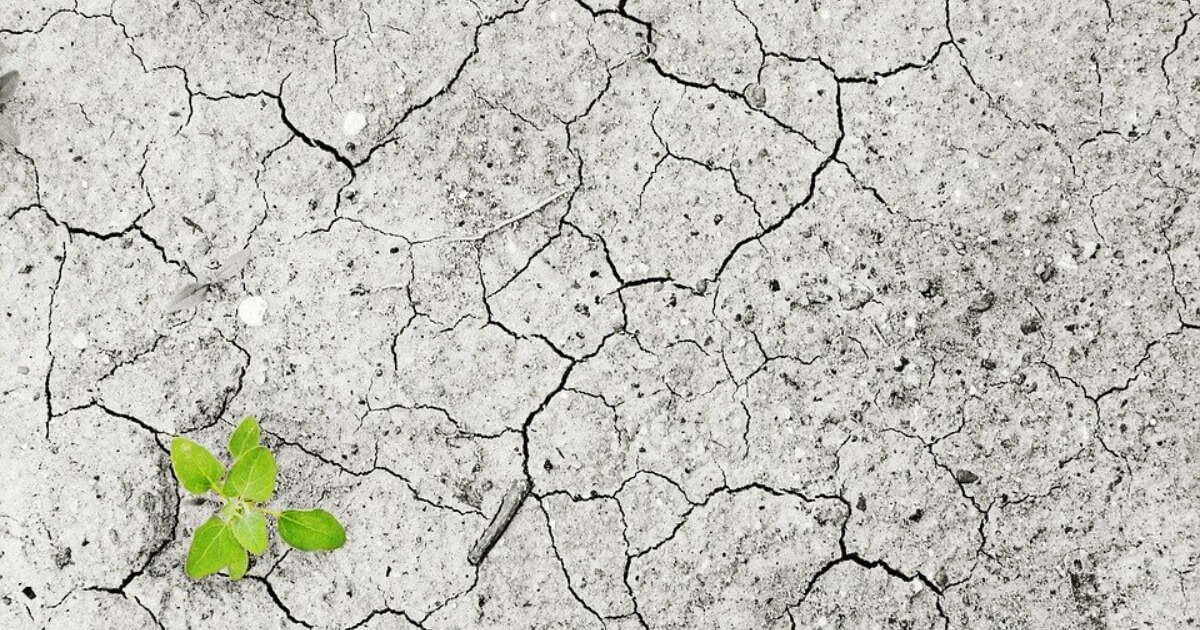On the Transgressions of Identity
Who am I? At heart, I suppose, I am a crane.
January 23, 2022

Asia’s first Nobel laureate, the poet-philosopher, Rabindranath Tagore, wrote:
“I, who have the amphibious duality of nature in me, whose food is in the West and breathe air in the East, do not find a place where I can build my nest. I suppose I shall have to be a migratory bird and cross and recross the sea, owning two nests, one on each shore.”
It was as if he were writing of me, to me.
Born a mongrel
I was born a mongrel: a north Indian and a south Indian, a Hindu and an atheist, an English-speaker with unEnglish skin, a half-caste with cultural capital.
My mother’s family was from the Lucknow-Allahabad area in Uttar Pradesh, but she had grown up in Bombay and Calcutta where she had been educated by nuns in missionary-run convents.
Her father used to eat his rotis with a fork and knife. She read English literature at university and wore sarees with great elegance.
There was hardly a superstition that she didn’t believe in: numerology, vastu (a belief in architectural principles being capable of creating positive force fields), no cutting of nails at night.
She liked Krishna and Ganesha and also used to take me to visit a small church behind Khan Market, a shopping complex in New Delhi.
My father is a Tamilian, who had been born in Gujarat. He went to school in Dehra Dun. At university in England, he spent most of his time betting on horse races and card games. That perhaps foreshadowed his becoming an economist by training.
He is an atheist, a writer, a reader. He likes a good beef burger whenever he is able to get hold of one.
My neighborhood in Delhi
Before I began primary school, I had two “best” friends from my neighborhood in Delhi. One was Sadia, a Muslim who lived a few houses down from us. I remember visiting her extended family in old Delhi on occasion.
Her dad would load up her, her brother, her mother (shrouded in a burkha for the outing) and me on to his two-wheel scooter to take us there. We ate the best food at Sadia’s home.
Then there was Simrin, a half-Sikh, half-American girl, with light brown hair and almost-green eyes, in whose home I saw bottled water for the first time. It was an amazing thing to me that there were people who paid for water in plastic bottles as if it were Campa Cola (the Indian version of Coca Cola).
Once I began school, many of my new friends were Punjabi Hindus with immigrant backgrounds – families who had left Pakistan immediately before partition. I learned to love the open-heartedness of their homes, the kineticism of the dancing at their celebrations and their easy generosity.
Growing up in love with India
In short, I grew up in love with India, its multiplicities and ease with contradiction. Being Indian at that time, allowed me to be this complicated messy thing. It allowed me to be more and greater — instead of being reined in and tightly delineated. I only became more complicated as I grew and flew.
My first boyfriend in college was an American Jew who was in India on an exchange program. He was a longhaired artist, with a street fighter’s sensibility when it came to social justice.
Vive la revolution and all that. Later, there was an English musicologist at Oxford, who enjoyed playing village cricket.
And because third time’s the charm, a Spanish Sinologist came along a couple of years later and convinced me, first to move to China, and later, to marry him.
Falling in love with the world
Over the next twenty years, the love I had grown up with for India expanded until I fell in love with the world.
Beijing’s hutongs, Indonesia’s sambals, Brussels’ antique markets, Oxford’s libraries, Spain’s flower-filled balconies and Tokyo’s dentists – they were all joy-giving, affirmations that I felt great pride in.
“Look!” I wanted to tell people, “Come and see these things. Aren’t they glorious?” I suppose my entire professional writing career as a journalist is an attempt to do that
A little Chinese and a little Spanish, with a splash of Japanese
I have collected so many identities that I feel like I am building a luminescent shell within which I shelter, snail-like.
I have become a little Chinese and a little Spanish, with a splash of Japanese. I prefer using chopsticks to forks. I have embraced Spanish nationalism when it comes to wine – to make it clear, Spanish wine is the BEST.
And I have learned to eat dinner at 6:00pm, thanks to living in Tokyo and to drink hot water because of my years in China. I call French fries “frites.” And the sentences I exchange with Julio, my husband, are in our own special patois:
“Chalo chalo TRANSLATE, aren’t you ready yet?
Belum TRANSLATE. I can’t find my chanclas TRANSLATE.”
My older son, Ishaan, was born in Beijing and my younger one, Nico, in Brussels. Ishaan loves cricket and has already planned his retirement in Karuizawa, in Japan.
Nico is passionate about foot massage and when he grows up, he wants to work for JAXA (the Japanese Space agency), while running a spa on the side.
Conclusion
In this world, we are constrained by passports, resources, color, gender, religion, diet. Birth is a lottery and not everyone can fly.
But sometimes we are fettered by the mind rather than circumstances. And in that case, it’s a tragedy not to soar, for we all have it in us to be boundary-crossing cranes.
Takeaways
I grew up in love with India, its multiplicities and ease with contradiction. Being Indian at that time allowed me to be this complicated messy thing.
The love I had grown up with for India expanded until I fell in love with the world.
In this world, we are constrained by passports, resources, color, gender, religion, diet. Birth is a lottery and not everyone can fly.

